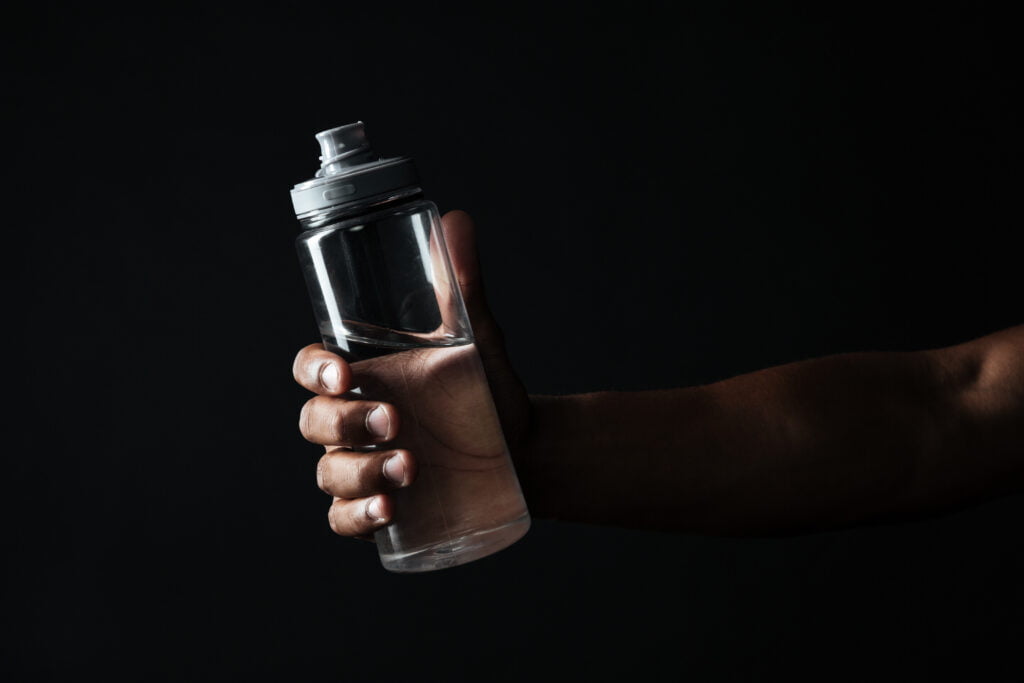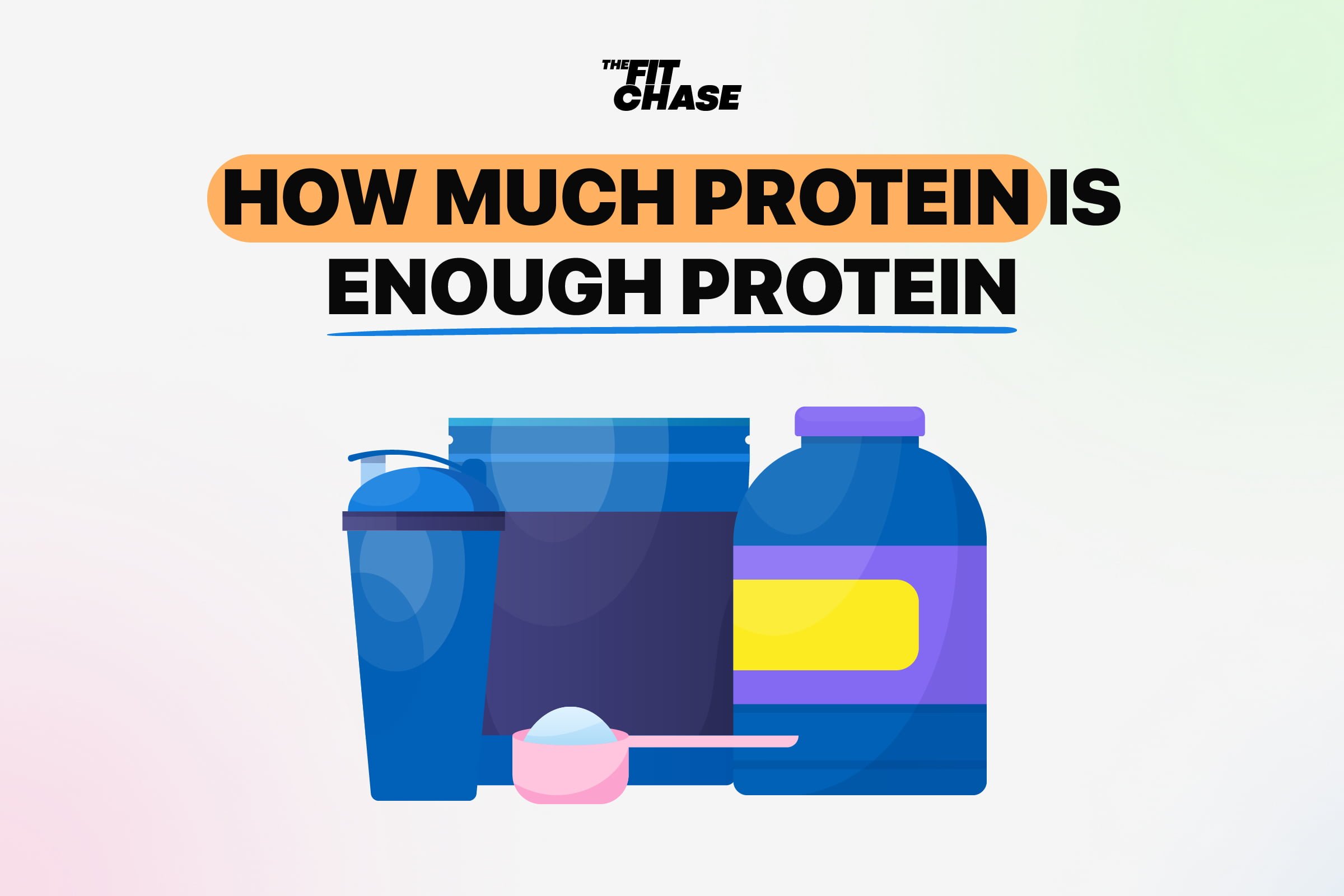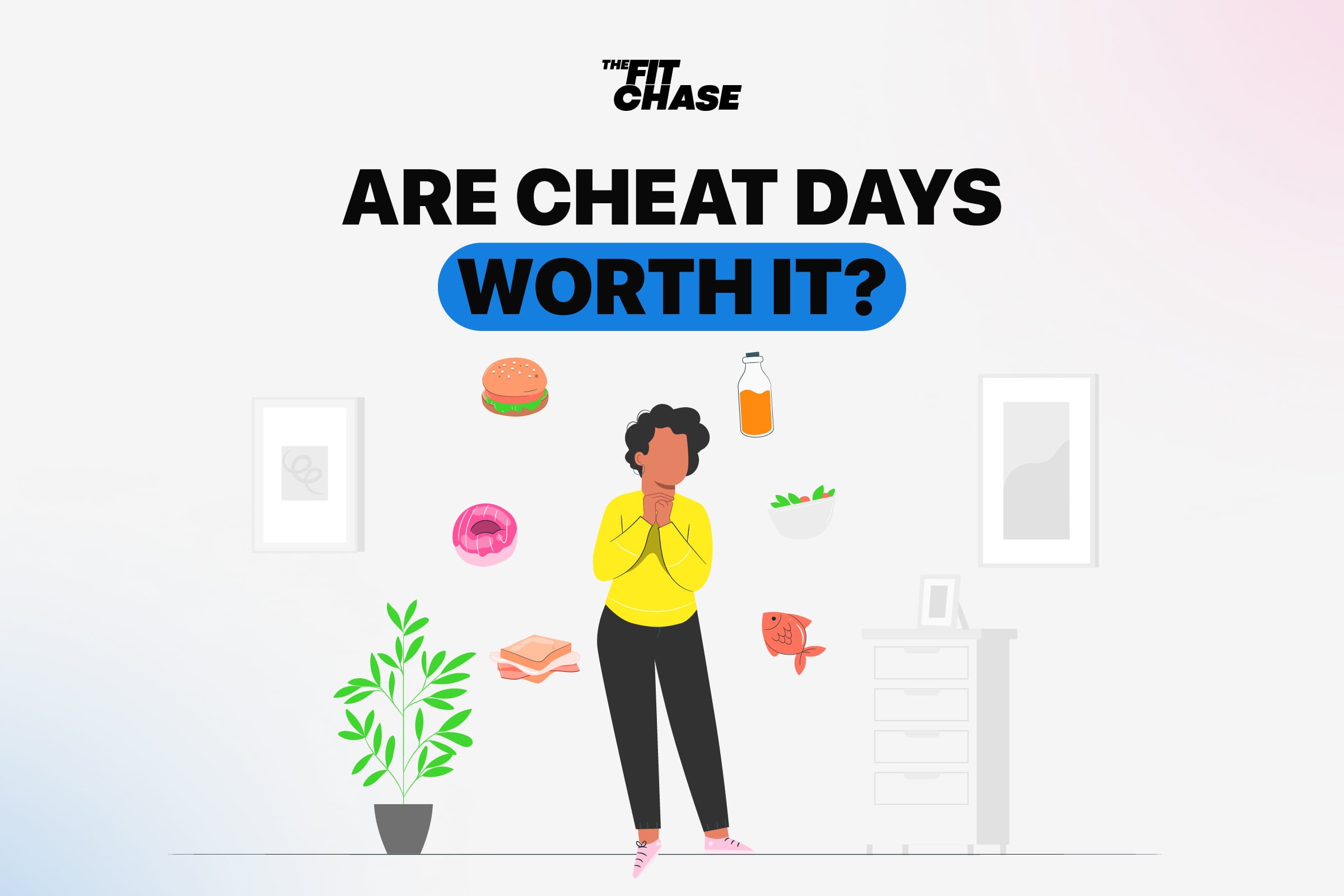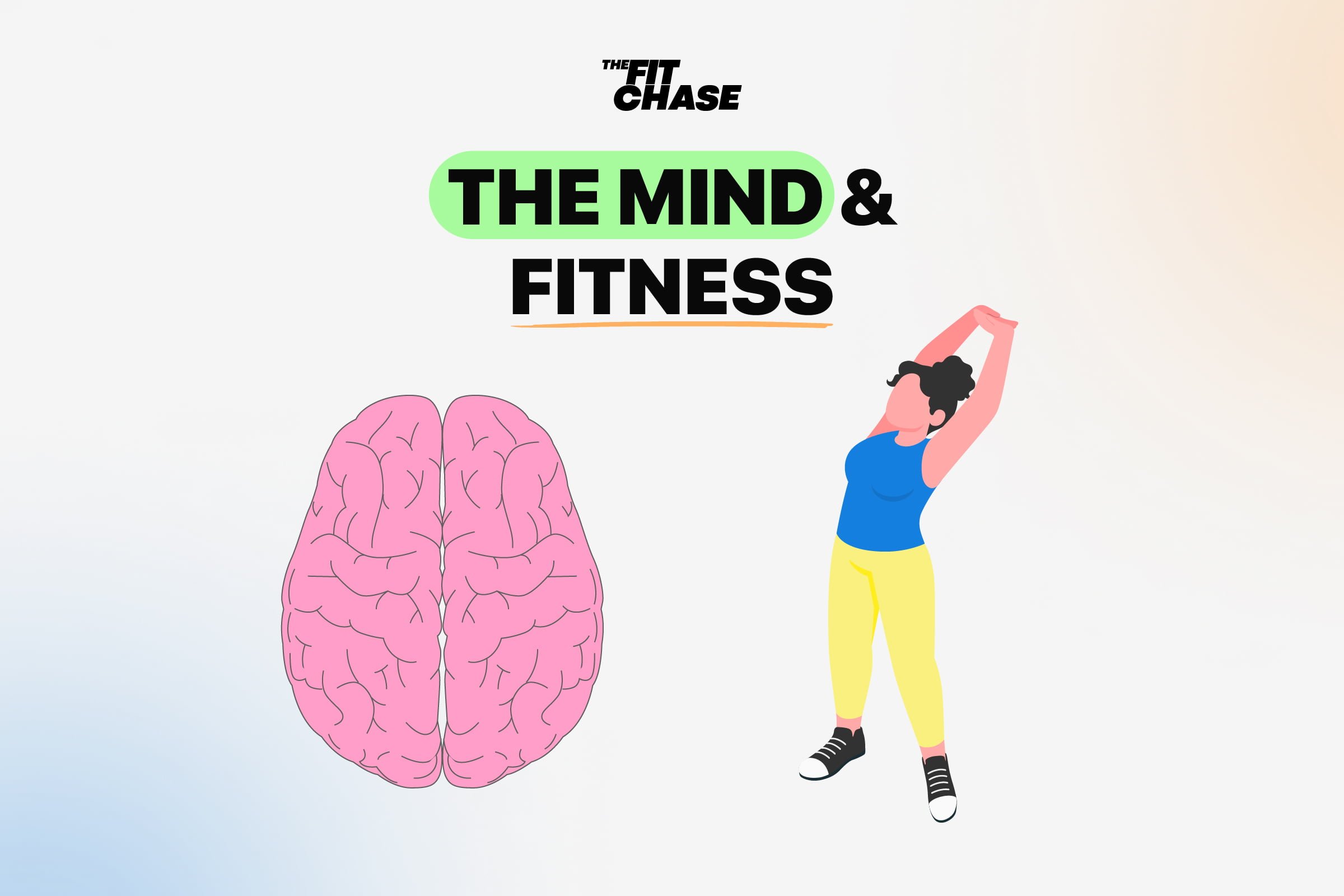A while back, I was on a call with my client discussing his workout history, fitness goals & diet when he asked me if he could continue drinking alcohol during his fat loss journey. So, I wanted to understand his situation & asked him why he wanted to continue drinking. Soon, I found that he’s a social drinker and that he didn’t want to feel left out when he’s out partying (which is pretty reasonable from his end).
As a coach I’m fine with clients having drinking preferences, although, honestly I think it’s better to avoid alcohol (or reduce it as much as possible) if you’re dead serious about your fitness goals.
That said, how much alcohol can you safely consume while on a fitness journey? Let me explain everything in this piece!
Also, if you’re wondering why I’m touching upon this subject (of all the things related to fitness science & nutrition, alcohol? really?) It’s simply because I’ve had one too many clients ask the same question. While we all know the health implications of alcohol consumption, I’m covering this only from body composition and fat loss perspective!
Alcohol is Almost Like The Fourth Macronutrient, But Not Quite
The reason why alcohol is like a fourth macronutrient (first three being protein, carbs, fats) is because it has 7 calories per gram. But here’s the catch, alcohol is a stimulant. It gets metabolised differently. What I mean by that is it works on a principle called ‘Preferential Metabolism’ When that happens, your body puts everything else on a pause and goes into a fat storage mode until alcohol is out of the system. During this the alcohol gets converted into acetate in your liver (which is a toxin) & the body tries to get rid of it as soon as possible. Meaning, for a while until all the alcohol gets converted into the acetate, the liver will not prioritise absorbing all the other foods that you consume until the alcohol is absorbed. So, your protein, fats and carbs from the burger & chicken wings that you have with your drinks most likely won’t get metabolised until alcohol is completely out of the body. Naturally, the food then will get stored as fat cells in your body. A complete miss!
A study conducted by the National Library of Medicine found that alcohol consumption also inhibits fat burning, which is not ideal if you’re on a calorie deficit and are trying to lose fat.
At any rate, despite all these, alcohol can still be budgeted like your other macros into your daily calorie intake! (Doesn’t mean you can live off just beers, chicken & salad obviously)
Budgeting Alcohol Calories For Weight Loss
Research says that alcohol, just like other macronutrients, has a fat-sparing effect only if consumed in excess. Meaning, alcohol gets stored as ‘fat’ only if you drink more calories than you need, i.e, if you exceed your maintenance calories.
Now, while on a deficit, if you can budget your calories for your beer & whisky within your deficit, cheers! you will only get drunk but you won’t get fat.
But here’s what you need to be mindful of – you can’t just replace alcohol with any other macronutrient. Like I said before, alcohol has about 7 calories per gram. Which means, you can replace your carb or fat calories with alcohol calories, but since protein is important and cannot be compromised on a deficit, i suggest not reducing that.To make it clear for you, here’s an example. Let’s say your drink has about 150 Kcals.
Pro tip – Avoid high fat meals with alcohol. Studies suggest that the fat macronutrient from the high-fat meals are more readily stored as body-fat , when compared to carbs or protein. By doing this workaround, you can minimise the chances of alcohol contibuting to any fat gain.
Tips to Drink Alcohol While You’re Trying to Lose Weight
But we can’t be way too idealistic, can we? When you order drinks, you’ll order high calorie sides & mixer drinks – which might almost double your calorie intake. And since most of us like to drink at night, it’s likely that we would’ve completed about 70% of the daily calorie intake by then. Also, alcohol can stop you from following your dietary inhibitions. This simply means, the foods you’ll crave after a drink or two will be high in calories & fats.
Again, when I said it’s best to give up alcohol, I meant because of all these factors that you’d need to consider!
Anyway, to save you from all these hidden traps, here are some tips to bear in mind while drinking.
- Avoid High Calorie Mixer drinks – you can consider getting diet sodas, zero calorie coke etc. for mixers. Also, avoid as much junk as possible. In most cases, those snacks and sides are the culprit.
- Keeping yourself hydrated – Drinking simply leaves dehydrated and it’s not what we want! Studies suggest that having 2 glasses of water with every drink will keep you hydrated. Pluss, it’s also a strategy to help you not to over-indulge.

- Cover up Your Protein Intake – Prioritise your protein & veggies for the day by going light on carbs and fat, this will ensure that you’ll have a buffer while you go out.
- Avoid Triggers that can Lead to Overeating – As I said before, alcohol makes you crave junk. So it’s wise to remove all the junk from your fridge and when you return back home you won’t have anything that’ll trigger you over-indulge.
- Rest Well – Past your drinking night, if you’re hungover the next day, you can schedule a rest day and take a day off from training. But it depends on how you feel.
- Recover – Alcohol intake leads to killing all good bacteria within the gut and flushes out potassium & sodium, leaving you depleted of these electrolytes, which contribute to your hangovers. So, if you’re feeling hungover the next day, rather than taking an aspirin that will lead to even more severe stress on the liver — due to the prior night’s drinking — you can try and replenish your body’s sodium/ potassium levels by throwing in a supplement. This can be in the form of lemon water with a rock salt or ORS.
Final Takeaways
There’s no need to be concerned about alcohol stopping you from achieving your fitness goals as long as it’s occasional (within your calorie needs) and doesn’t interfere with your other daily goals. While I can’t speak for everyone, if you’re very serious about health & fitness, then it’s probably best to give up alcohol while you’re at it. At the end of the day, it’s about you and your long-term goals, do what works for you the best.












